Portal for more climate-friendly mobility
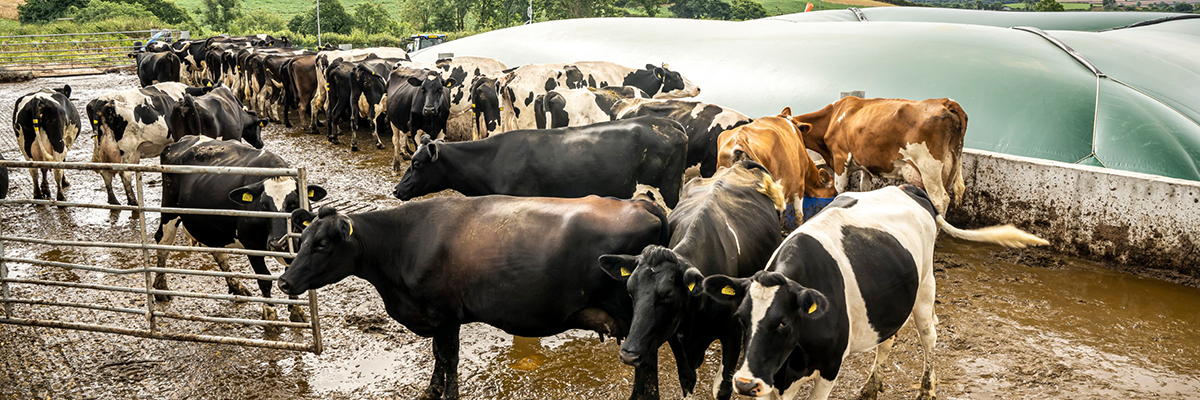
18 billion euros for more biogas
The investment outlook of the European Biogas Association shows: The industry is investing €18 billion to expand biomethane production by 2030 alone, in a bid to support both energy security and Europe’s climate change goals. The Swiss gas industry is also stepping up the promotion of renewable gases.
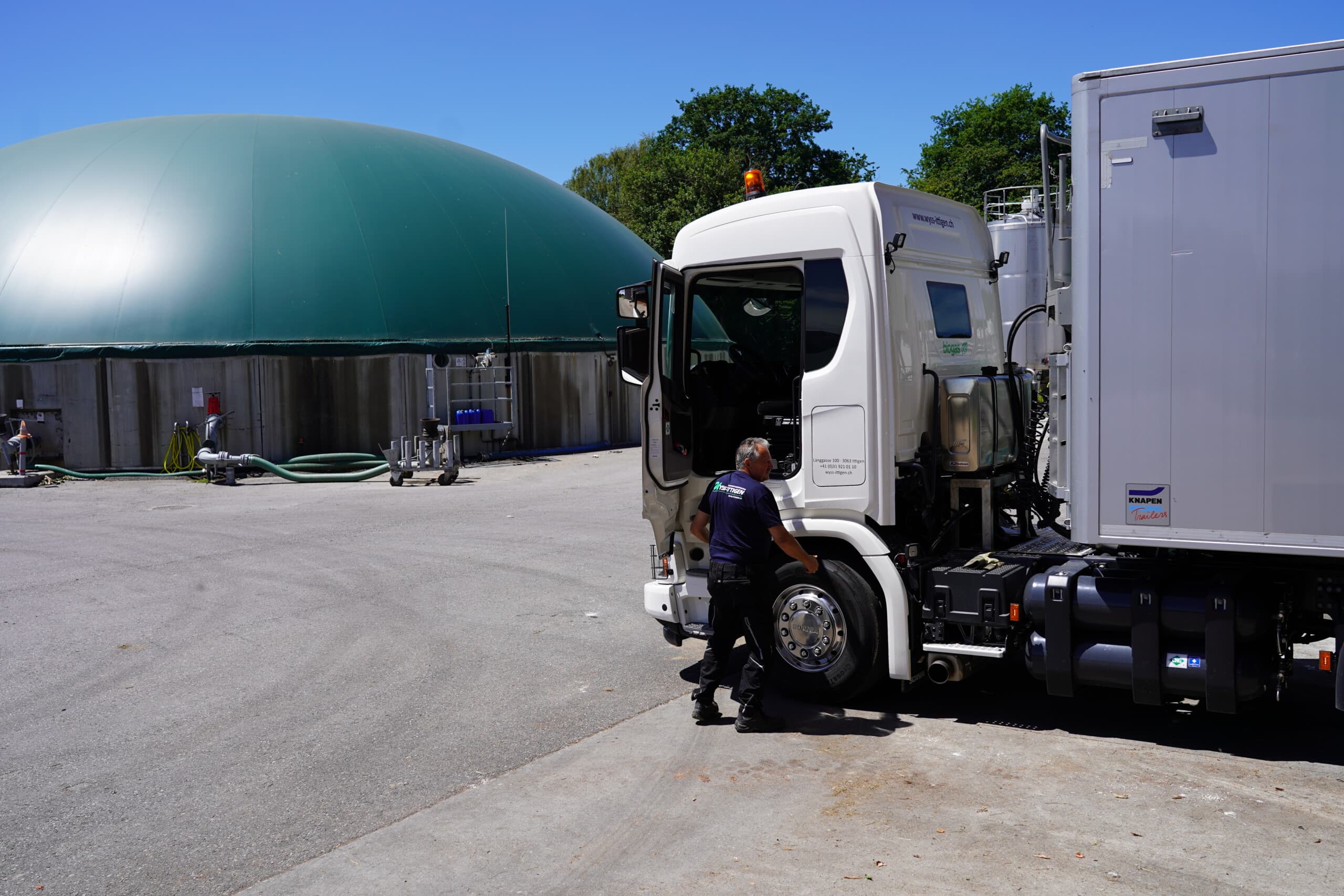 Switzerland is also investing in the production of sustainable gases. The Swiss gas industry promotes feed-in via the Biogas Fund by means of investment and feed-in contributions. They now amount to 3.052 Rp./kWh for producers and 0.763 Rp./kWh for the grid operators concerned. Source: CNG-Mobility.ch
Switzerland is also investing in the production of sustainable gases. The Swiss gas industry promotes feed-in via the Biogas Fund by means of investment and feed-in contributions. They now amount to 3.052 Rp./kWh for producers and 0.763 Rp./kWh for the grid operators concerned. Source: CNG-Mobility.ch
After the announcement of the REPowerEU target of producing 35 billion cubic metres of biogas by 2030 a year ago, the European Biogas Association (EBA) estimated that this would require investments of €83 billion, depending on plant size, location and type of sustainable feedstock. According to the 1st EBA Biogas Investment Outlook, investments of just under a quarter of this amount have already been made available.
“This shows that efforts for more biogas are taking shape: €4.1 billion will be invested in the next two years, €12.4 billion by 2030 and another billion has been allocated without a specific timeframe. The EBA forecast will be updated regularly as investments start up,” explains Mieke Decorte, Technical Manager and Project Manager at EBA.

Most investments will be made in France (€1.4 billion) and Italy (€1.1 billion), as these EU Member States already have favourable conditions for renewable gas production. They are followed by the Netherlands (951 million euros), Spain (948 million euros), Germany (658 million euros), Sweden (635 million euros) and Poland (429 million euros). In addition, 5.5 billion in capital injections will remain in the EU, although the final destination is still open. 3.3 billion euros will also flow to non-EU territories, including the UK and Ukraine.
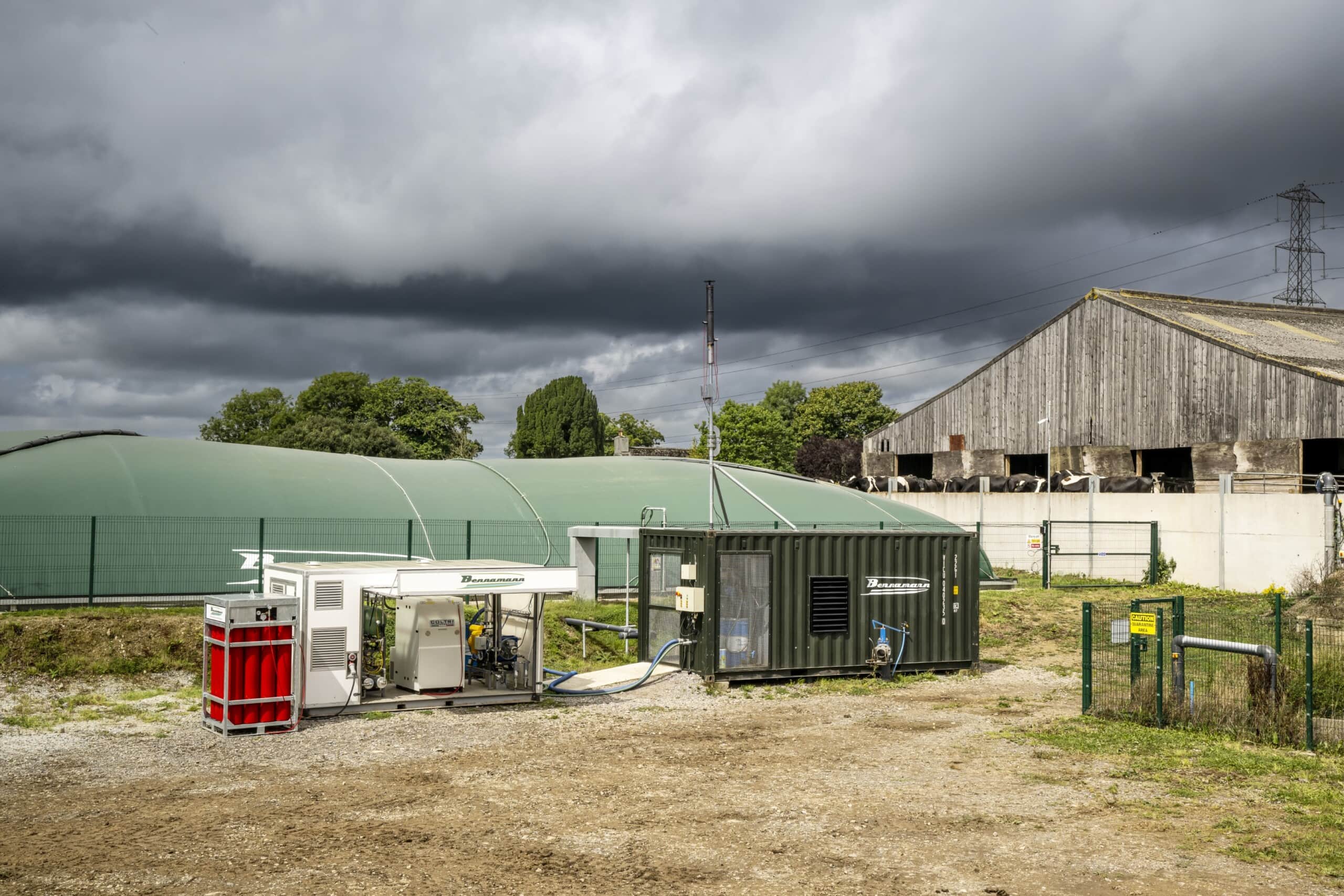 In addition to European countries, Ukraine and the UK will also benefit, where New Holland and Bennamann – as shown in the picture – are driving decabonisation in agriculture Source: New Holland
In addition to European countries, Ukraine and the UK will also benefit, where New Holland and Bennamann – as shown in the picture – are driving decabonisation in agriculture Source: New Holland
Europe, by the way, is already the world’s leading producer of biogas and biomethane. European production of compressed and liquefied biogas as a fuel for use in mobility continues to grow – especially in freight transport and shipping. Biogas and bio-LNG/LBG can thus play an important role in the decarbonisation of transport, especially in transport sectors that find it difficult to switch on and off to the use of other alternative fuels or electric propulsion. Indeed, biogas also has the potential to decarbonise aviation, a transport segment whose emissions are notoriously difficult to reduce.
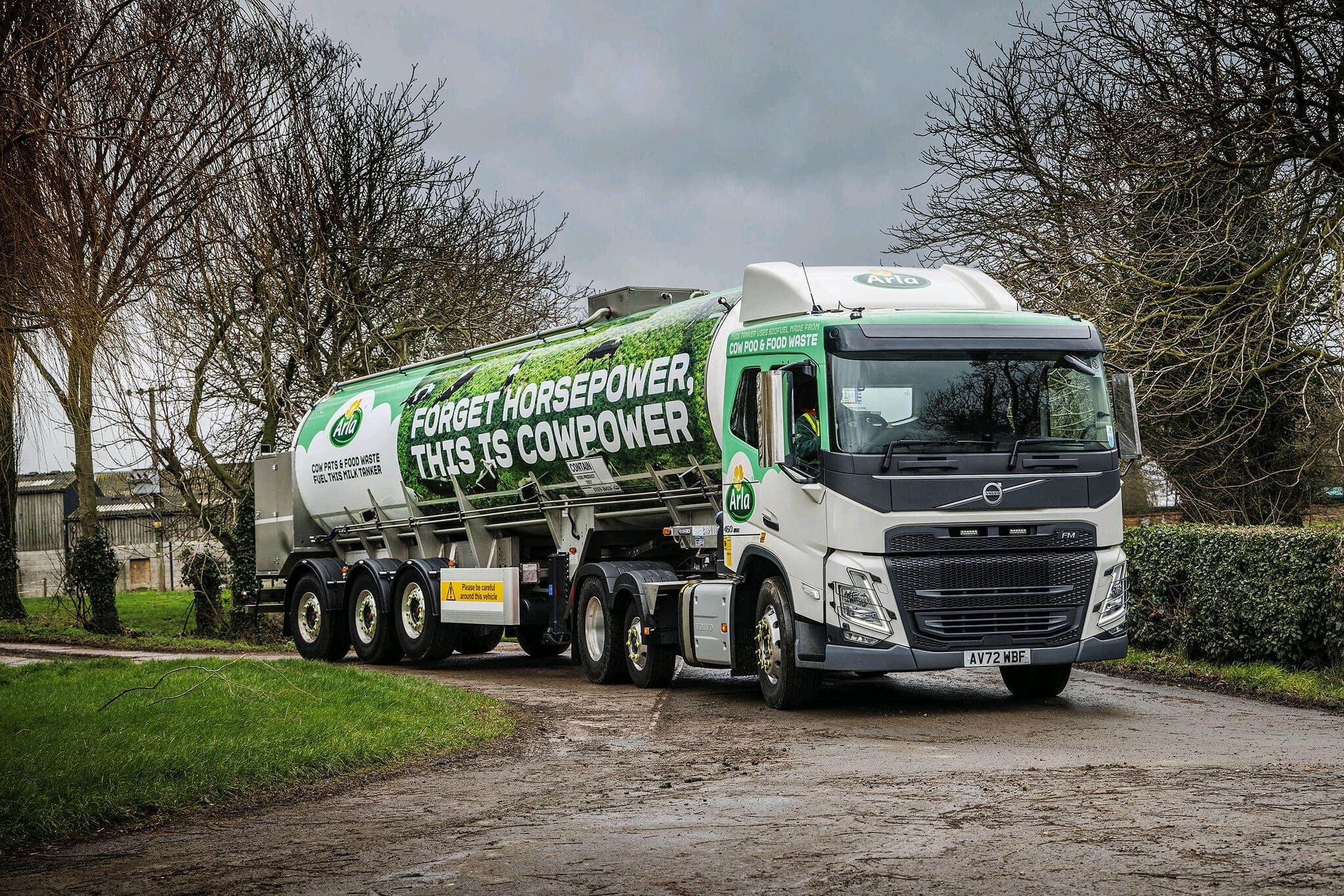 Moderate costs and low emissions encourage Scandinavian companies to use biogas for transport. Source: Arla Foods
Moderate costs and low emissions encourage Scandinavian companies to use biogas for transport. Source: Arla Foods
However, it is not only in Europe that heavy investments are being made in increasing the production of biogas and other renewable gases, but also in Switzerland. VSG founded the Biogas Fund for this purpose back in 2011. With success, because the domestic production of biogas has increased tenfold in recent years. In 2022, the production and feed-in of renewable gases in Switzerland was again greatly expanded. Five new plants were added, so that 42 plants are now connected to the grid. Production also increased last year from 419 to 476 GWh.
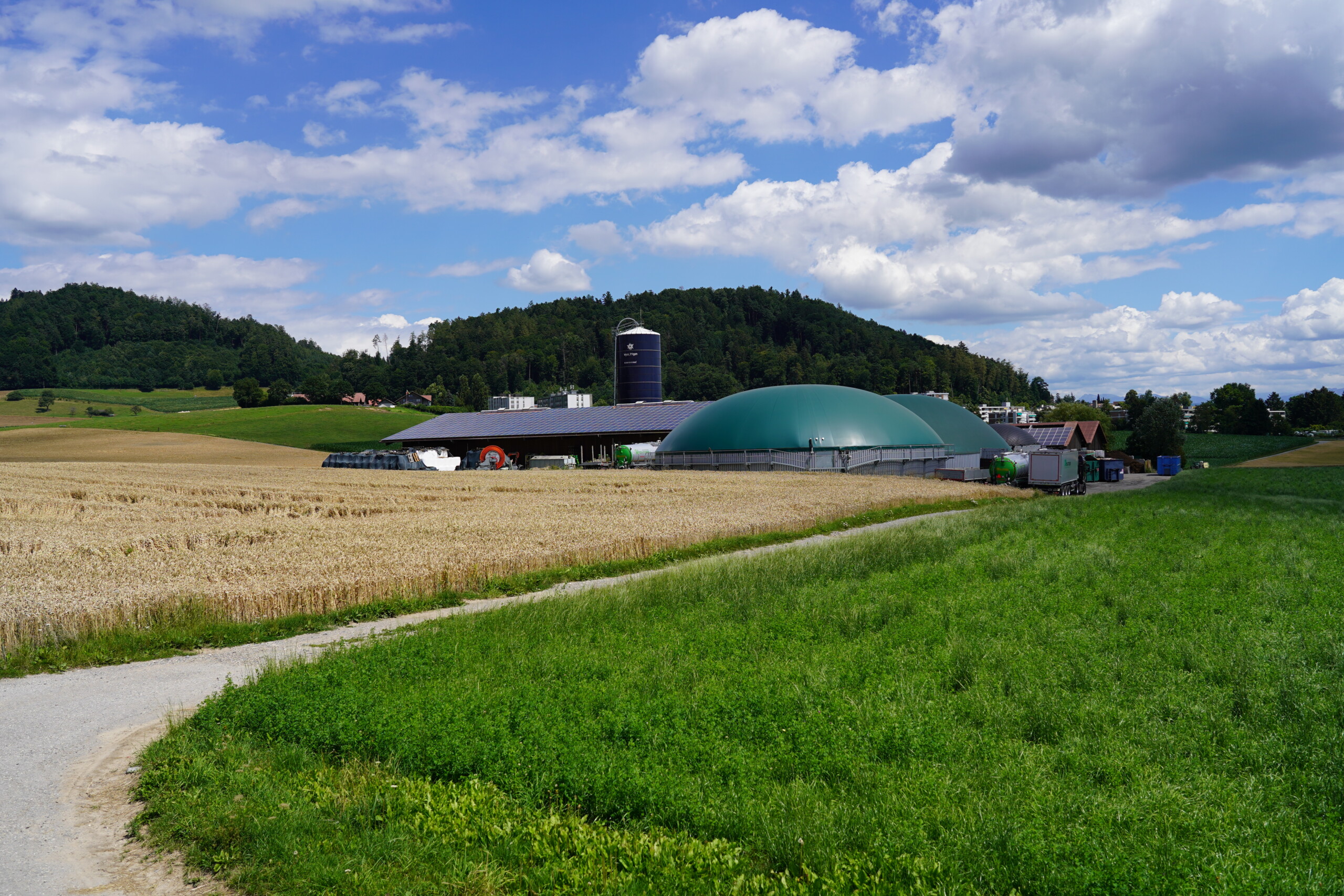 The Wyss family has been producing electricity and heat with its biogas plant near Bern since 2005. Source: CNG-Mobility.ch
The Wyss family has been producing electricity and heat with its biogas plant near Bern since 2005. Source: CNG-Mobility.ch
Together with the biogas imports, the share of renewable gases in the Swiss gas grid is already almost eight percent. However, it could be considerably more, because many producers still opt for less efficient electricity production instead of feeding biogas into the grid. In Switzerland, the feed-in of renewable gases is promoted through the Biogas Fund by means of investment and feed-in contributions for 36 months. In order to make this feed-in more attractive, the VSG has increased the feed-in contributions by a whopping 50 percent as of 1 June 2023.
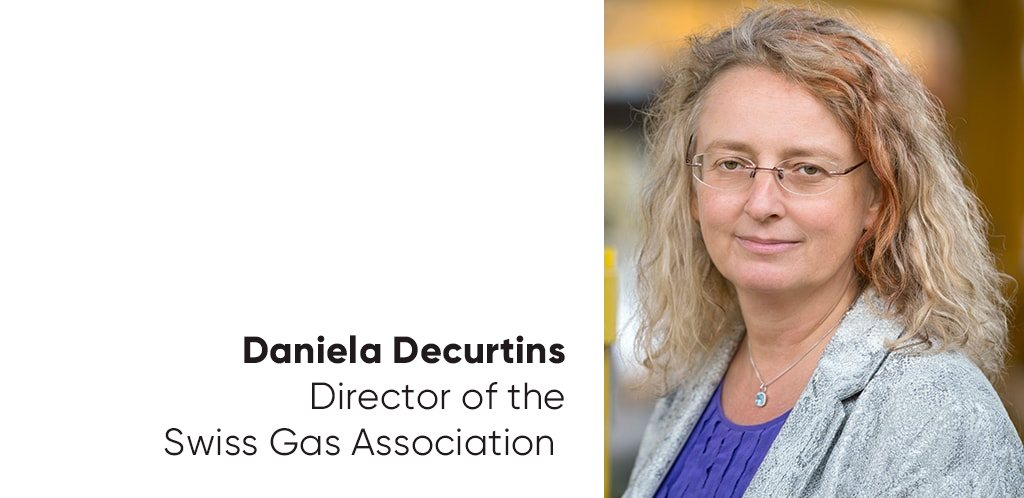
“The transformation of the energy system to a secure, economic and climate-neutral supply will only succeed if it is based on a broad mix of energy sources and infrastructures,” explains VSG Director Daniela Decurtins. She is convinced that renewable gases such as biogas, synthetic methane and green hydrogen play an important role in making the energy supply climate neutral. They will replace natural gas, especially in industry and heating, and offer new applications in heavy transport. Decurtins adds: “A one-sided electrification of the energy supply makes Switzerland dependent and leads to excessive economic costs.” (jas, 8 June 2023)
You might also be interested in
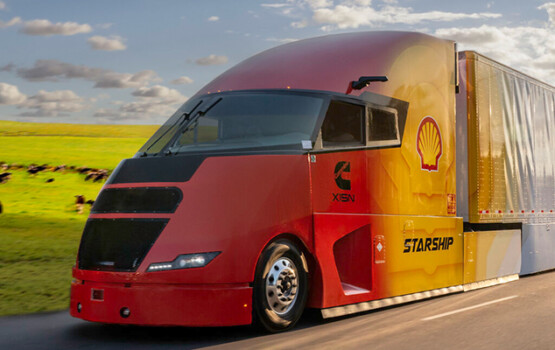
Shell Starship on record hunt
